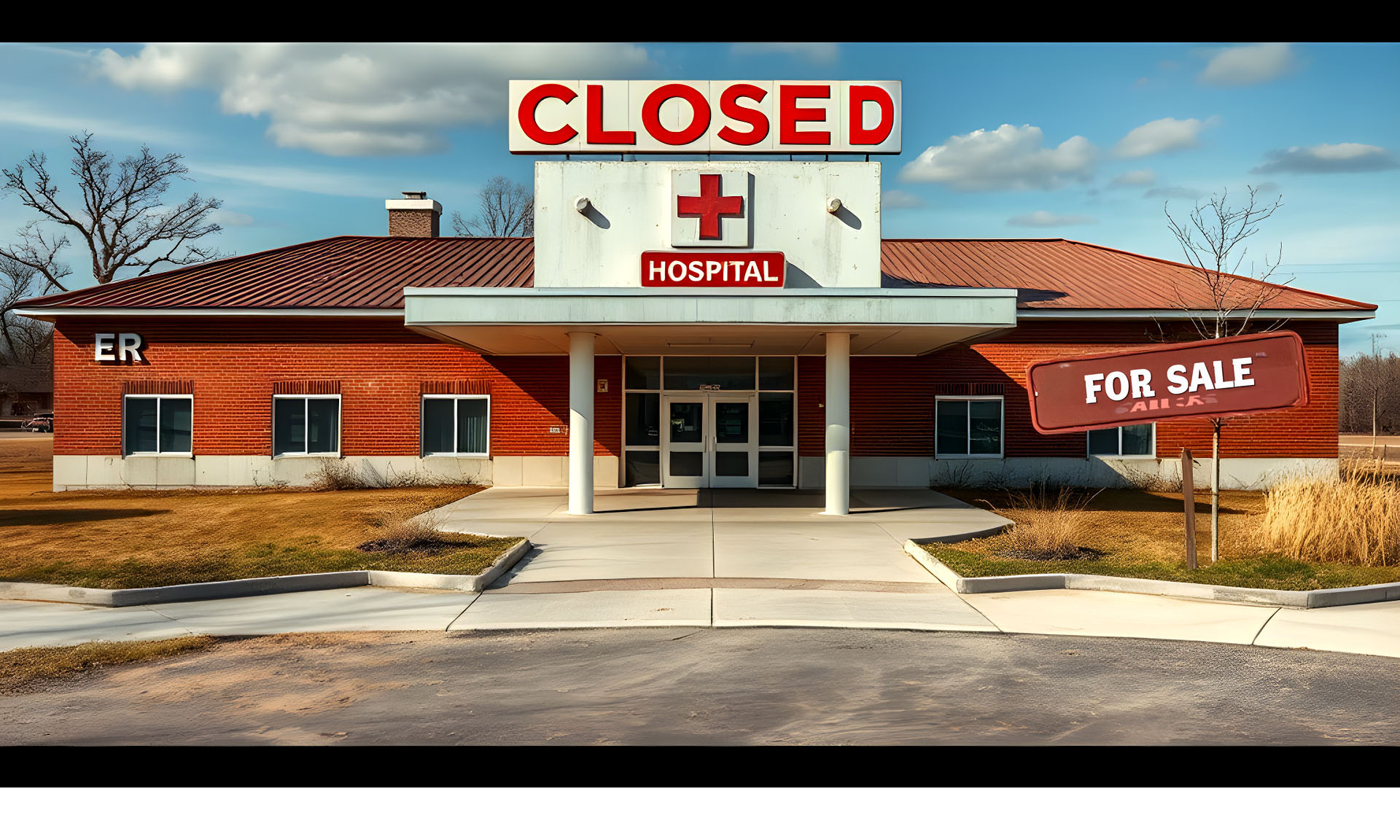Rural hospitals in Alabama are in trouble. Many are running out of money and closing down. This is a big problem for people who live far away from big cities. If a hospital closes, it takes longer to get help in an emergency. It also means fewer doctors and nurses are nearby when people need care. When a hospital shuts its doors, people lose their jobs, and small towns lose important services that keep their communities strong.
Why Are RUral Hospitals Closing?
There are a few reasons why rural hospitals are struggling:
- They don’t have enough patients every day to make money.
- Many people in rural areas don’t have health insurance or can’t pay their medical bills.
- These hospitals often don’t have the latest technology or enough staff.
- It’s harder for them to find and keep doctors or nurses.
As a result, some hospitals fall behind, and it becomes harder to stay open. When hospitals close, the people in those towns suffer. It’s not just about losing a place to get medical help. It also affects businesses, schools, and families who depend on having healthcare nearby. That’s why keeping these hospitals open is about more than just health—it’s about keeping rural Alabama alive and thriving.
How Technology can Help Fix the Problem
Prestige Systems, based right here in Alabama, is helping rural hospitals with three big things:
1. Telehealth: bridging the gap of convenience with expertise
Telehealth is like FaceTime with a doctor. Patients can have a checkup from their living room using a phone, tablet, or computer. This is super helpful when the nearest hospital is 30 miles away or more. Even people with long-term health problems—like diabetes or heart disease—can have regular visits without leaving home.
Prestige Systems helps hospitals set up safe and private telehealth systems. These systems follow HIPAA rules, so patient information stays protected. The systems also connect with medical records, so doctors can see everything they need to help their patients.

2. Faster Internet with IXP Farm
Good internet is the key to all of this. Without strong internet, video calls with doctors would freeze, crash, or not work at all.
That’s where IXP Farm comes in. It’s like building small internet “stations” near rural towns. These make the internet faster and more reliable. Hospitals can send X-rays, use online tools, and talk to other doctors in real-time.
This kind of connection helps hospitals run better and offer more services—like 24/7 monitoring or sending alerts when a patient’s health changes. It also helps hospital staff learn new skills through online training or meetings.
3. Free Tech Checkups for Hospitals
Many hospitals don’t know if their computer systems are working well—or if they’re even safe. Prestige Systems offers free network assessments, kind of like a doctor’s visit for your IT system.
They look at how strong the internet is, how fast the network works, if patient data is protected, and whether everything meets healthcare rules. After the check, they advise on what to fix or improve. This helps hospitals stay safe from hackers and avoid problems that could shut them down.
Alabama Is Getting Better Internet Everywhere
Alabama is becoming a national leader in bringing high-speed internet to rural places. The state is building what’s called the Middle Mile network—a big internet highway that smaller towns can connect to.
This will help not just hospitals, but also schools, small businesses, and homes. With this internet backbone, rural Alabama can finally connect to the world as big cities do.

Working TOgether for a Healthier ALabama
Groups like the Alabama Rural Health Association (ARHA) are also helping. They support doctors, nurses, and clinics in small towns. They offer training, and resources, and speak up for better healthcare laws.
By teaming up with groups like ARHA, technology companies, and state leaders, Alabama can turn things around. Hospitals can stay open, jobs can stay local, and people can get the care they need—close to home.
What You Can Do
If you’re a hospital leader, a community advocate, or just someone who cares about your town, don’t wait until your hospital is in danger. Technology can make a huge difference right now.

